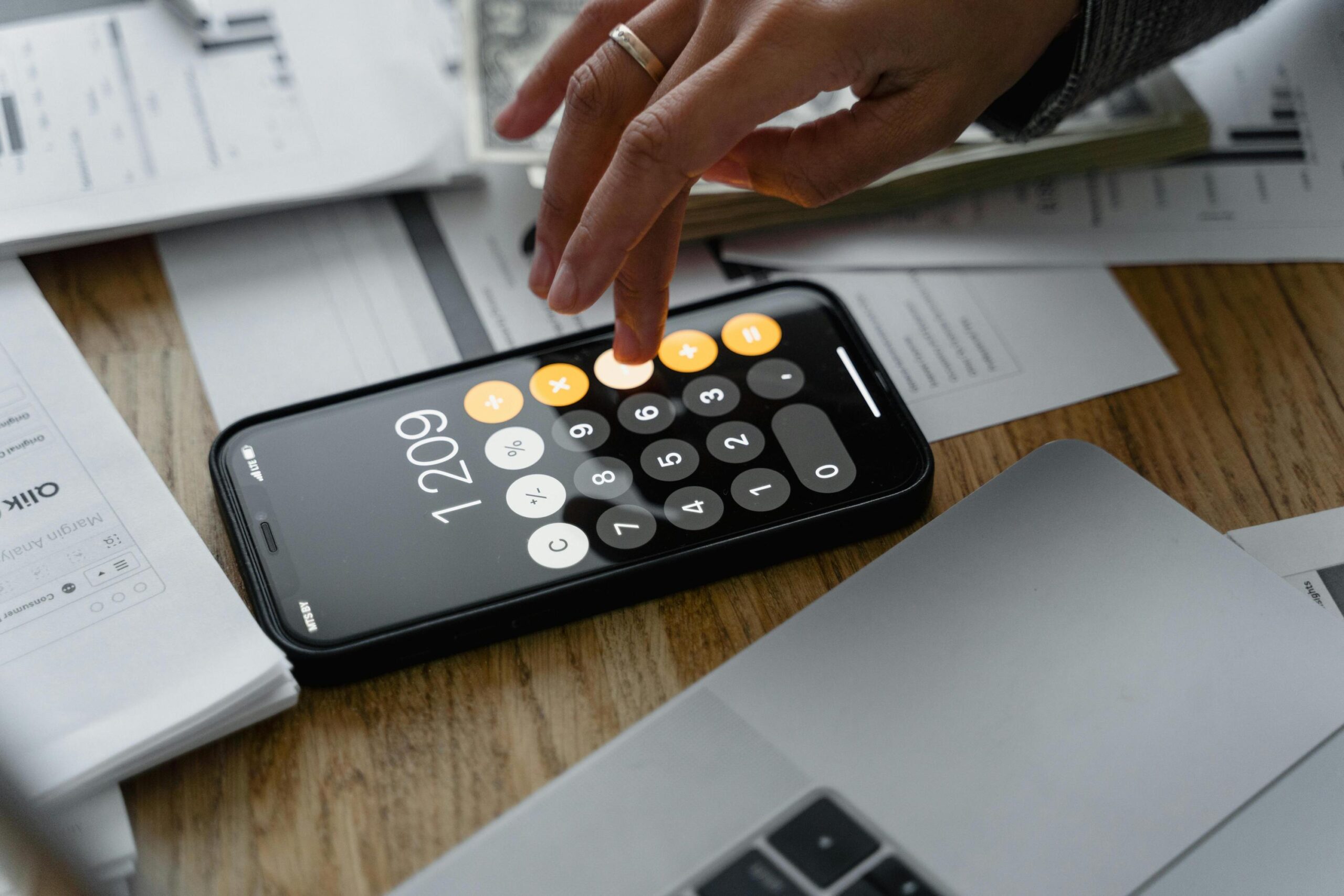Bankruptcy is often regarded as a financial matter, but its repercussions extend far beyond the realm of money. The emotional toll it takes on individuals and families can be profound, with feelings of shame, guilt, and anxiety often accompanying the burden of financial stress. Understanding the psychological impact of bankruptcy is crucial for navigating this difficult terrain and finding effective ways to cope with the associated stress.
The Emotional Rollercoaster of Bankruptcy
For many people, bankruptcy represents a significant loss – not just of financial stability, but also of pride and self-worth. The stigma attached to bankruptcy can lead to feelings of shame and embarrassment, causing individuals to withdraw from social interactions and suffer in silence. Moreover, the fear of judgment from others can prevent people from seeking the support they desperately need during this challenging time.
Guilt is another common emotion experienced by those facing bankruptcy, particularly if their financial difficulties impact loved ones or business partners. They may blame themselves for poor financial decisions or for not being able to provide for their family as they had hoped. This sense of responsibility can weigh heavily on individuals, exacerbating feelings of inadequacy and self-doubt.
Anxiety is perhaps the most prevalent emotion associated with bankruptcy. The uncertainty of the future, coupled with the pressure to resolve financial issues, can lead to persistent worry and fear. Individuals may lose sleep, experience physical symptoms such as headaches or stomachaches, and struggle to concentrate on daily tasks. The constant stress can take a toll on mental and physical well-being, leading to a vicious cycle of worsening anxiety and emotional distress.
Coping Strategies for Managing Financial Stress
While the psychological impact of bankruptcy can be overwhelming, there are strategies that individuals can employ to cope with the stress and regain a sense of control over their lives.
First and foremost, you should never let yourself feel guilty or embarrassed over making an informed decision to file for bankruptcy. Many people can end up facing bankruptcy through no fault of their own. Your decision to file is a step to remedy the situation and take control over your financial future.
Seek Support: It’s essential to reach out to friends, family members, or support groups who can offer emotional support and practical assistance. Talking openly about your feelings can help alleviate the burden of shame and isolation, reminding you that you’re not alone in facing financial challenges.
Focus on What You Can Control: While there may be many factors beyond your control during bankruptcy proceedings, it’s crucial to focus on the aspects of your life that you can influence. Take proactive steps to manage your finances, such as creating a budget, negotiating with creditors, and exploring options for debt relief.
Practice Self-Care: Prioritize self-care activities that promote relaxation and stress relief, such as exercise, meditation, or hobbies that bring you joy. Taking care of your physical and mental health is essential for building resilience and coping with the challenges of bankruptcy.
Set Realistic Goals: Instead of dwelling on past mistakes or worrying about the future, focus on setting small, achievable goals that move you forward one step at a time. Celebrate your progress, no matter how small, and acknowledge your resilience in the face of adversity.
Seek Professional Help: Don’t hesitate to seek assistance from financial advisors, counselors, or mental health professionals who specialize in helping individuals navigate bankruptcy and cope with financial stress. These professionals can provide valuable guidance, support, and resources to help you overcome obstacles and rebuild your life after bankruptcy.
Conclusion
Bankruptcy is not just a financial setback – it’s a deeply emotional experience that can shake the very foundation of one’s sense of self. By understanding the psychological impact of bankruptcy and implementing effective coping strategies, individuals can navigate this challenging journey with resilience and hope for a brighter future ahead. Remember, you are more than your financial circumstances, and with time and support, you can overcome this obstacle and emerge financially stronger on the other side. At the Law Offices of Adam M. Freiman, we specialize in a range of bankruptcy services designed to help our clients navigate their financial challenges. With our expert guidance, you can regain control of your financial future quickly and easily. To schedule a consultation, fill out the online form or call (410) 486-3500.





